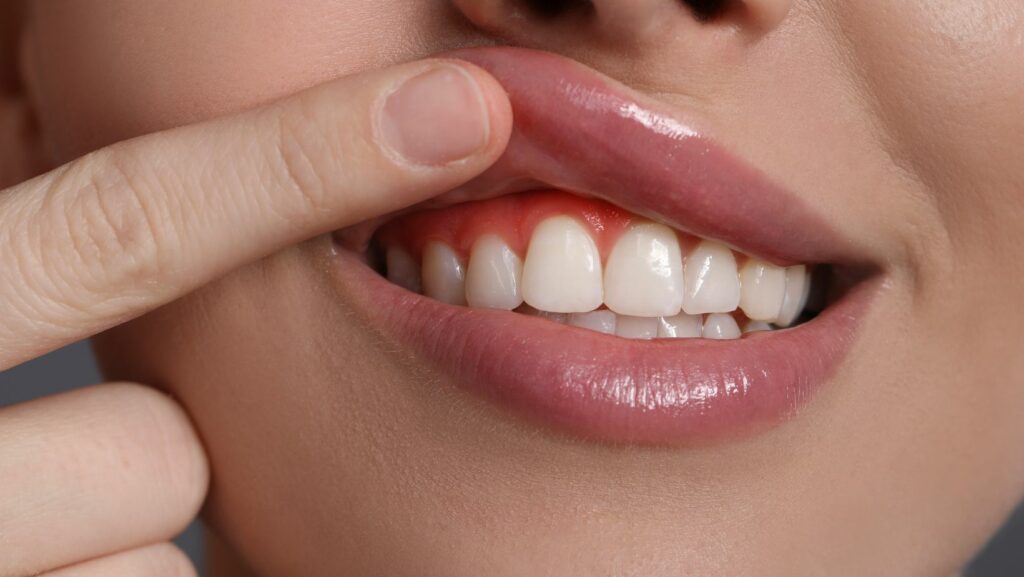If you’ve ever noticed a bit of blood when brushing or flossing, you’re not alone. Bleeding gums are one of the most common signs that something’s not quite right with your oral health. While it can sometimes happen from brushing too hard or using a new toothbrush, frequent bleeding shouldn’t be ignored. It’s often your body’s way of signalling early gum disease or other underlying issues — and a visit to your dentist Matraville can help identify what’s really going on before it gets worse.
Common Causes of Bleeding Gums
1. Poor Oral Hygiene
The most frequent cause is a buildup of plaque — the sticky film of bacteria that forms on teeth. When it’s not removed through regular brushing and flossing, plaque hardens into tartar, which irritates the gums and causes them to become inflamed and sensitive. This condition, known as gingivitis, is the earliest stage of gum disease.
2. Brushing Too Hard
Many people assume brushing with extra force will get teeth cleaner, but aggressive brushing can actually harm your gums. Use a soft-bristled toothbrush and gentle circular motions instead. The goal is to clean your teeth, not scrub them.
3. Flossing Inconsistently
If you’ve just started flossing after a break, your gums may bleed for a few days. This usually improves as your gums adapt to the routine. Consistent flossing strengthens gum tissue and reduces bleeding over time.
4. Vitamin Deficiency
A lack of vitamin C or vitamin K can also contribute to bleeding gums. These vitamins help maintain healthy blood vessels and gum tissue. A balanced diet with plenty of fruits, vegetables, and leafy greens supports both your oral and overall health.
5. Hormonal Changes
Pregnancy, puberty, and hormonal fluctuations can make gums more sensitive and prone to bleeding. Regular dental care during these stages is important to keep gum inflammation under control.
How to Stop the Bleeding

Improve Your Daily Routine
Brush twice a day using a soft toothbrush and fluoride toothpaste. Don’t skip flossing — it removes food particles and plaque that brushing alone can’t reach.
Rinse with an Antibacterial Mouthwash
A gentle, alcohol-free mouthwash can help reduce bacteria and soothe inflamed gums. Look for one that supports gum health without being too harsh.
Eat a Balanced Diet
Include foods rich in vitamin C (like oranges, strawberries, and broccoli) and vitamin K (like spinach and kale). Staying hydrated also helps your mouth produce enough saliva to naturally wash away bacteria.
Visit Your Dentist Regularly
Even with excellent home care, professional cleanings are essential. Your dentist can remove hardened tartar, check for early signs of gum disease, and recommend treatments to restore gum health.
Listen to What Your Gums Are Telling You
Healthy gums shouldn’t bleed. If you notice ongoing bleeding, tenderness, or swelling, don’t ignore it. These are signs that your gums need attention. Addressing the problem early can prevent more serious issues like periodontitis or tooth loss.
Taking care of your gums is just as important as caring for your teeth. With gentle habits, a healthy diet, and regular dental check-ups, you can stop the bleeding — and keep your smile strong for years to come.

